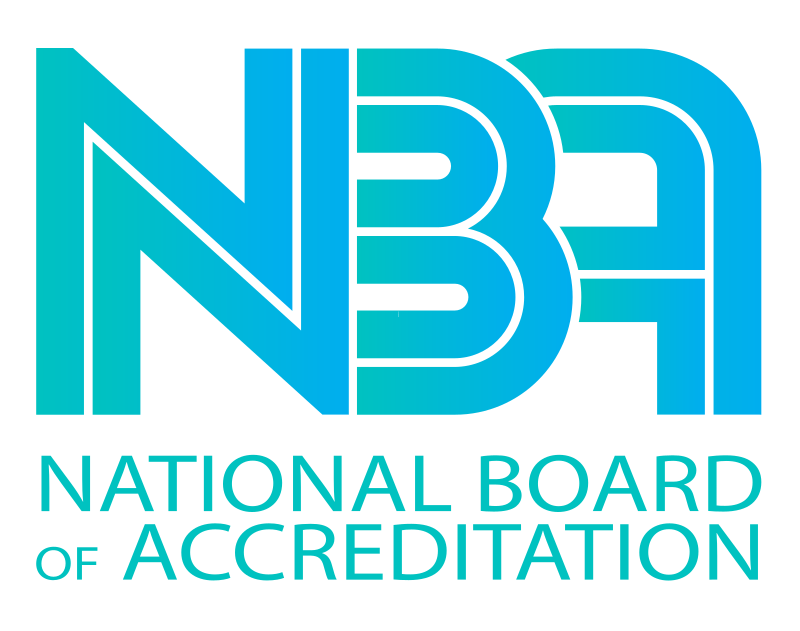Admission 2024
The Department of Computer Science and Engineering was established in the year 2003 and provides a comprehensive research environment complemented by excellence in teaching. The Department has a number of qualified teachers who encourage the students to get engaged in several extra-curricular and co-curricular activities for them to be successful engineers. The Department of Computer Science and Engineering aims to bring up students as engineers; helping them to build, strong technical acumen, and harness their skills and talents through several cutting-edge technologies and state-of-the-art techniques. The Department also keeps focus on research and development activities and foster innovative. The department focus on holistic development of the students through extra-curricular and co-curricular activities. In addition to escalating technical manpower, the Department also publishes periodically several newsletter and magazines to inculcate creative ventures.

3 Years

As the Head of the Computer Science and Engineering (CSE) department, I would like to emphasize the importance of achieving excellence in three key areas: academics, placement, and research.
I would like to highlight the importance of quality academics. Our department is dedicated to providing you with the highest standards of education, ensuring a strong foundation in theoretical knowledge and practical skills. We encourage students to actively participate in classes, engage in hands-on learning experiences, and seek assistance when needed.
Our department is committed to providing students with the necessary skills and knowledge to excel in the competitive job market. We strive to ensure that our students are well-prepared for placements by offering comprehensive training programs, mock interviews, and industry interactions. Each year, over 90% of our students secure placements in multinational companies (IBM, Zscaler, TCS, Capgemini, Wipro, ITC infotech, Mindtree etc.) with an average package of 10 LPA.
Research plays a crucial role in shaping the future of technology. We encourage all students to actively engage in research activities, pursue innovative projects, and contribute to the advancement of knowledge in the field of computer science and engineering. Our department provides ample opportunities for research collaboration, funding, and publication to support your academic endeavours. For last few years, our students have proudly received accolades at the prestigious Smart India Hackathon. Furthermore, we boast over 97 student research publications, encompassing journals, conference papers, book chapters, and patents.
Finally, I am proud to announce that our department is on the path towards obtaining NBA accreditation with commendable marks. This accreditation signifies the quality of education and infrastructure provided by our department and enhances the value of your degree in the eyes of potential employers. It also reflects our commitment to continuous improvement and excellence in education.
In conclusion, I urge you to seize every opportunity to excel in your academic pursuits, secure good placements, and contribute to cutting-edge research. Together, let us strive to elevate the reputation of our department and make a positive impact on society.
Eighty nine percent of students say services helps them feel like they belong at GNIT
Our undergraduate program students will have the:
Engineering Graduates will be able to:



